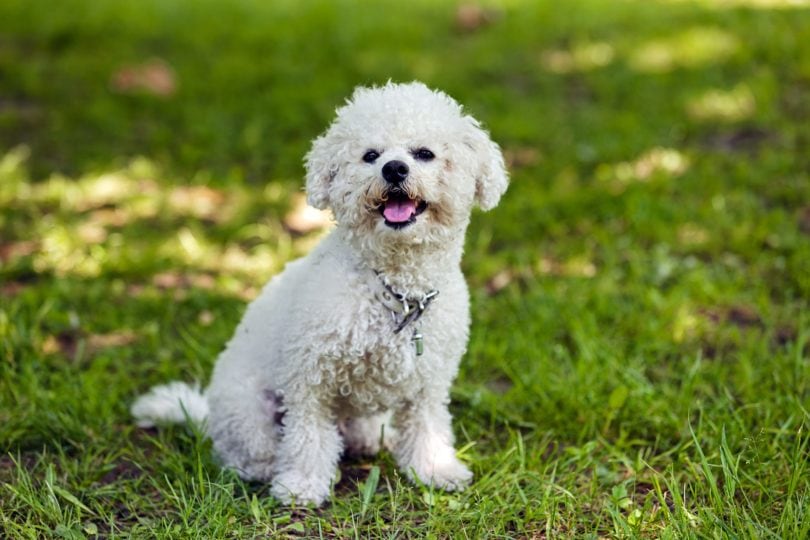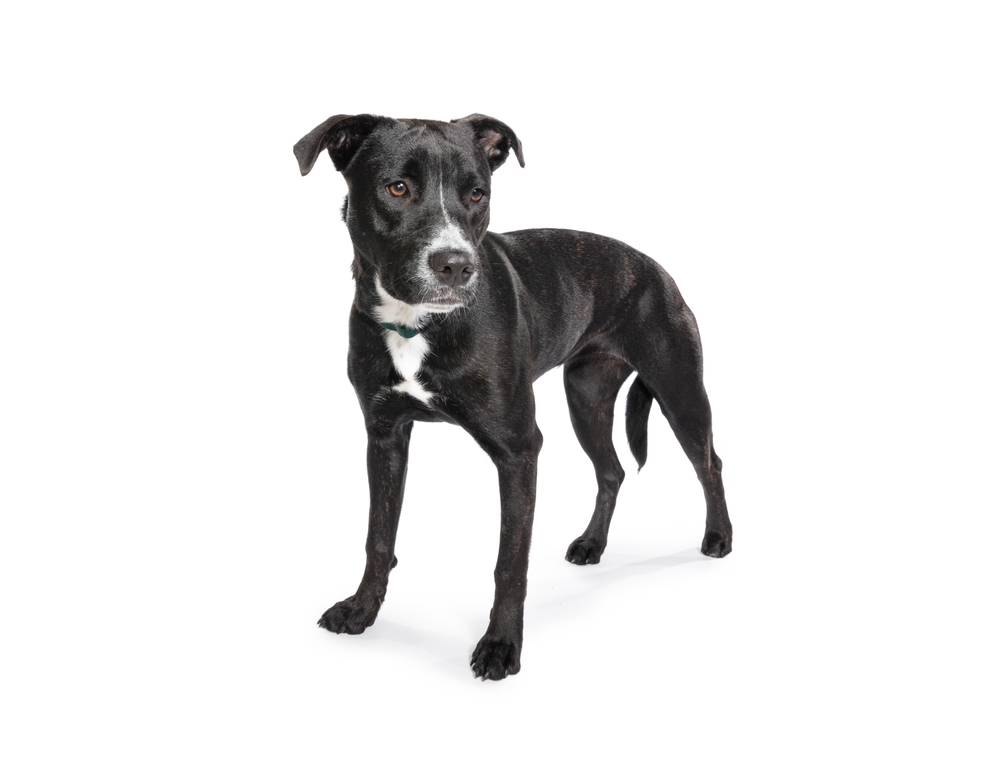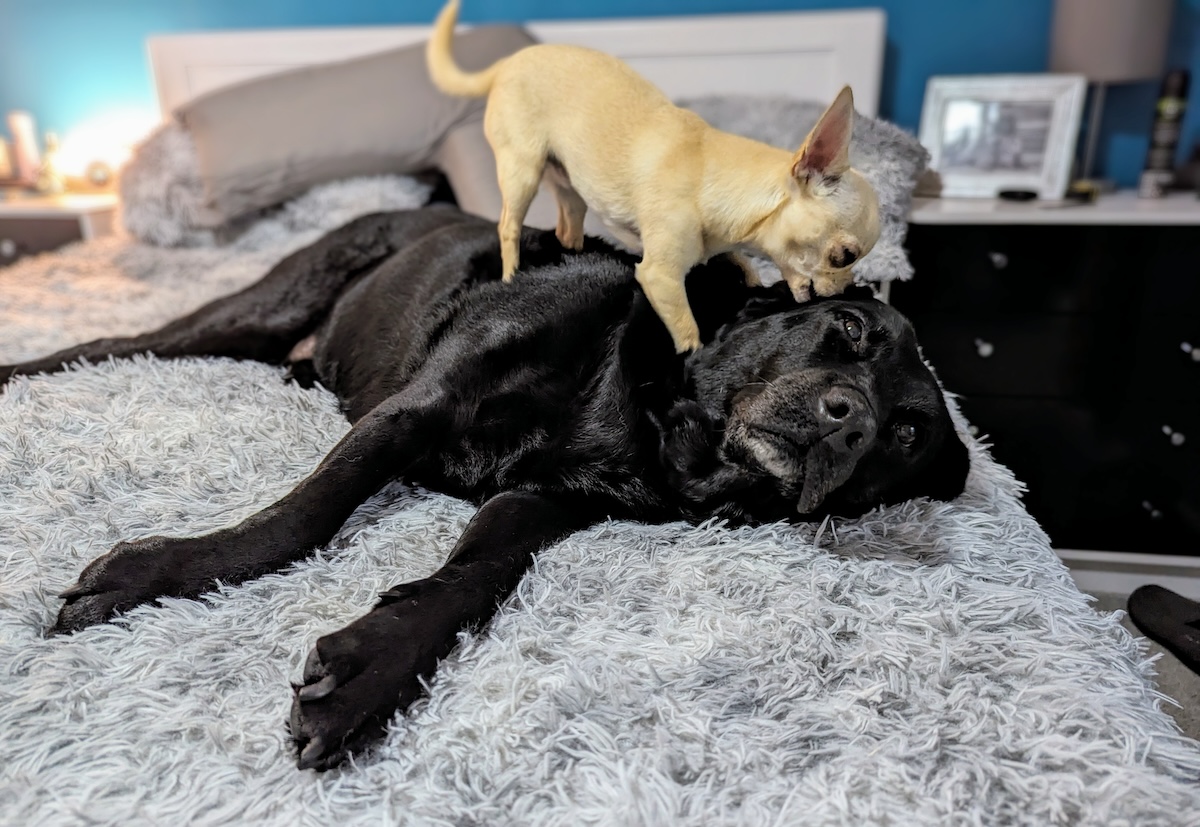Bichon Frises can be quite noisy. Like many smaller breeds, they tend to bark quite a bit, which is considered one of the main downsides of the breed.
It is true that most only bark to alert their owners. However, this breed considers just about everything important enough to justify a bark, especially if they aren’t well-trained. Therefore, Bichon Frises tend to be one of the noisiest breeds.
However, all isn’t lost. With the proper training and understanding, you can teach your Bichon Frise to bark less. That’s what we’ll look at in the rest of this article.
The 6 Main Reasons Why Bichon Frises Bark So Much
It is true that Bichon Frises bark quite a bit. However, this isn’t all nature. In fact, how you raise your dog plays a huge role in how much they bark. Here are some reasons Bichon Frises bark so much:
1. Small Dog Syndrome
Many small dogs get carried around and treated like a baby a lot. Instead of letting small dogs walk to the car on a leash, many owners will simply carry them. And who can blame them? These dogs are so small that it’s often more practical to carry them.
However, when a dog is carried much of the time, they’re receiving a message that the world isn’t safe. They don’t learn how to perform very basic actions by themselves and don’t get to explore. Therefore, they tend to be more fearful and bark more.
Because it tends to affect smaller dogs, this behavioral problem is known as “small dog syndrome.”
2. Attention Seeking
These dogs may bark as a way to seek attention. Often, this is a learned behavior. They bark and then get attention. Therefore, the next time they want attention, they bark for it.
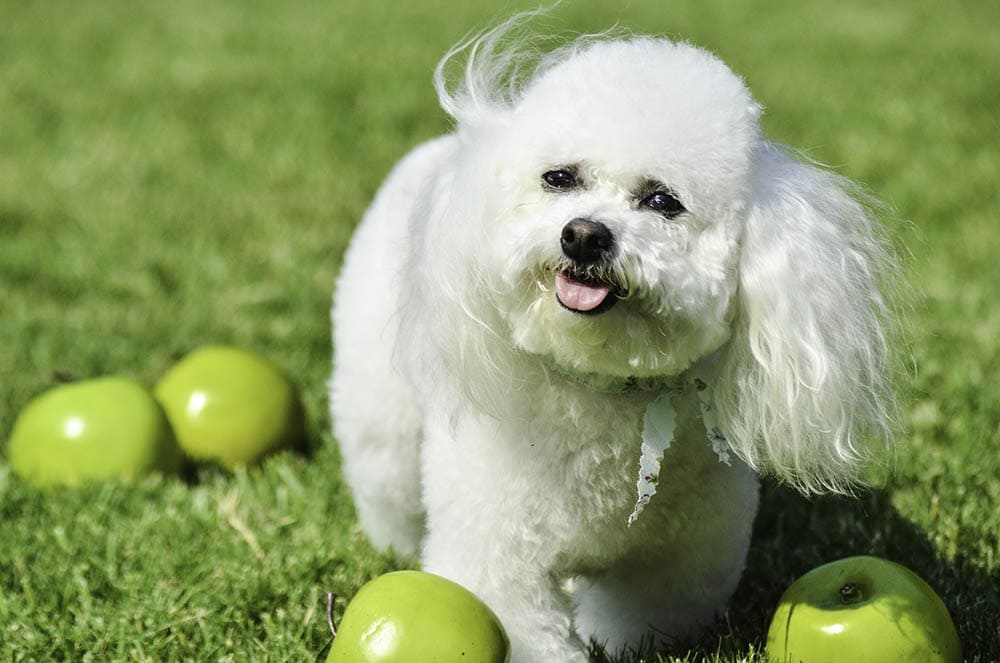
3. Boredom
If they aren’t socialized and stimulated enough, these dogs may bark simply because they don’t have anything else to do. Or they may bark at every little thing because it may (finally) give them the opportunity to play.
Therefore, wearing your dog out with games, training, and interaction is a great way to prevent barking.
4. Alarm or Fear
Bichon Frises most commonly bark when they feel scared. They’re very alert dogs, which means they will see many things outside that you might not. If something is out of the ordinary, they may bark as a way to alert you (and others).
To some extent, this is the type of barking you want your dog to do. However, it is important that they are appropriately stimulated, or they may bark at absolutely everything they see.
5. Separation Anxiety
Some Bichon Frises will bark and howl when they are separated from their people. Separation anxiety refers to a dog that becomes anxious when they are separated from a particular person (or another dog). Many of these dogs actually suffer from “isolation anxiety,” which occurs when they are alone in general.

6. Lack of Socialization
If your Bichon Frise isn’t well socialized, they may consider more things scary, leading to more barking. Socialization should begin as young as possible and involves introducing your dog to many different people, places, and animals. Simply put, you want to make every day as normal as possible. This prevents your dog from coming into contact with “new” and scary things.
When dogs aren’t socialized, more things are new and scary, leading to barking and other behavioral issues.
Top 5 Tips to Prevent Excess Barking
Bichon Frises do tend to be a bit yappier than other dogs. However, that doesn’t mean you can prevent excess barking. There are a lot of things you can do to help your dog remain calm.
1. Provide Plenty of Stimulation
Dogs that aren’t exercised or entertained enough tend to be noisier. They may be looking for something to do, and that something could easily be barking. It’s important to provide your dog with plenty to do so that they don’t set up by the window and bark at everything that comes by.
Bichon Frises are intelligent, so they require more mental stimulation than other dogs. Consider investing in some puzzle toys for when you aren’t around and consider daily training (even if your dog doesn’t really need it).
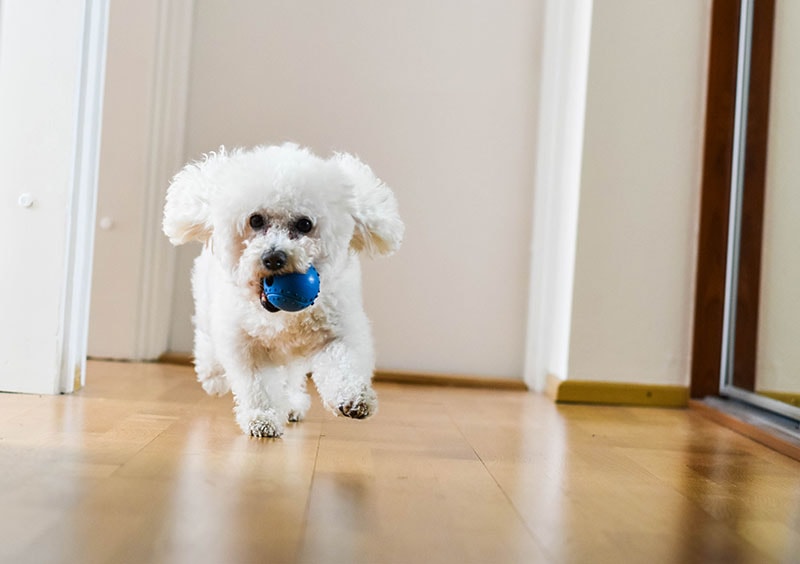
2. Crate Training
A crate provides your dog with a quiet, safe place for them to go. Crate training helps your dog associate the crate with positive things, allowing them to spend longer periods in it.
Crate training helps tons when you’re gone, as you can safely confine your dog in their safe place. They’re much less likely to feel separation anxiety and bark excessively. Plus, it also gives them somewhere to go when they’re anxious. Once again, this can help prevent excessive barking.
3. Teach the Quiet Command
Teaching your dog the “quiet” command can help tons with excessive barking. This command isn’t hard to teach and can be taught in several ways. Therefore, there are a few reasons not to teach it to your Bichon Frise.
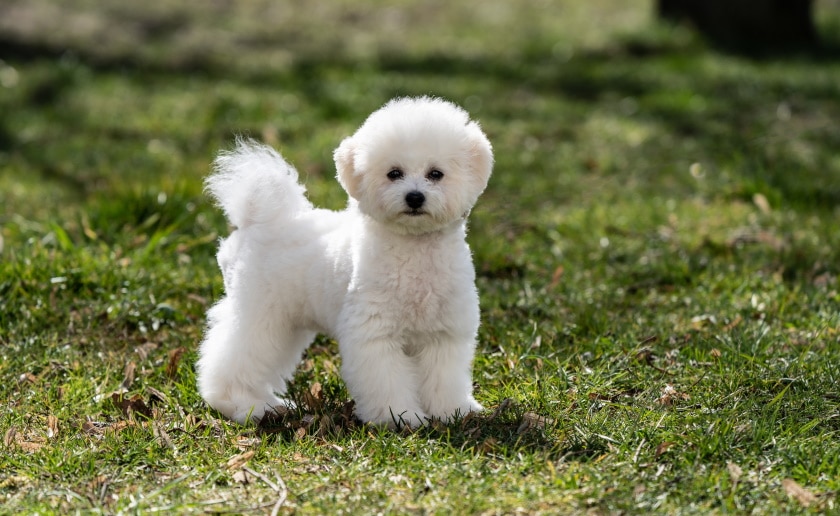
4. Ignore the Barking
You shouldn’t give your dog any attention when they bark, even negative attention. If you do, your dog may learn to bark for attention. Of course, this is the last thing you want.
5. Socialize Your Dog
You should also socialize with your dog from an early age to prevent excessive barking and other behavioral problems later on. Socializing can go a long way to making your dog more manageable.
Final Thoughts
Bichon Frises tend to bark a bit more than other dogs. However, how much of this is nature and how much is nurture is up for debate. It may just be that how most Bichon Frises are raised leads to tons of barking—not that they bark more overall.
Therefore, it is possible to raise your dog to bark less. You can do this by socializing them well, avoiding small dog syndrome, and crate training them. Working with your dog from an early age goes a long way to preventing barking and stopping it quickly when it does occur.
Keep in mind these dogs are very alert, so they may bark more at strange happenings outside. However, this doesn’t have to be excessive and shouldn’t happen all the time. Socialization will help dogs that tend to be alert to everything.
Featured Image Credit: Vladimir Nenezic, Shutterstock
Contents
- The 6 Main Reasons Why Bichon Frises Bark So Much
- 1. Small Dog Syndrome
- 2. Attention Seeking
- 3. Boredom
- 4. Alarm or Fear
- 5. Separation Anxiety
- 6. Lack of Socialization
- Top 5 Tips to Prevent Excess Barking
- 1. Provide Plenty of Stimulation
- 2. Crate Training
- 3. Teach the Quiet Command
- 4. Ignore the Barking
- 5. Socialize Your Dog
- Final Thoughts

